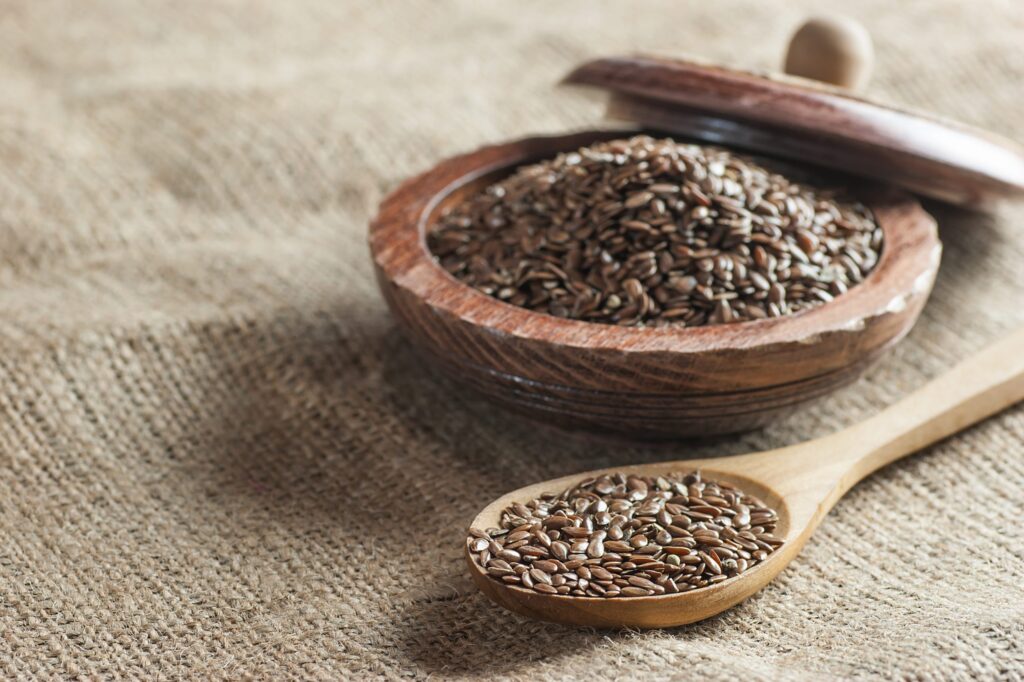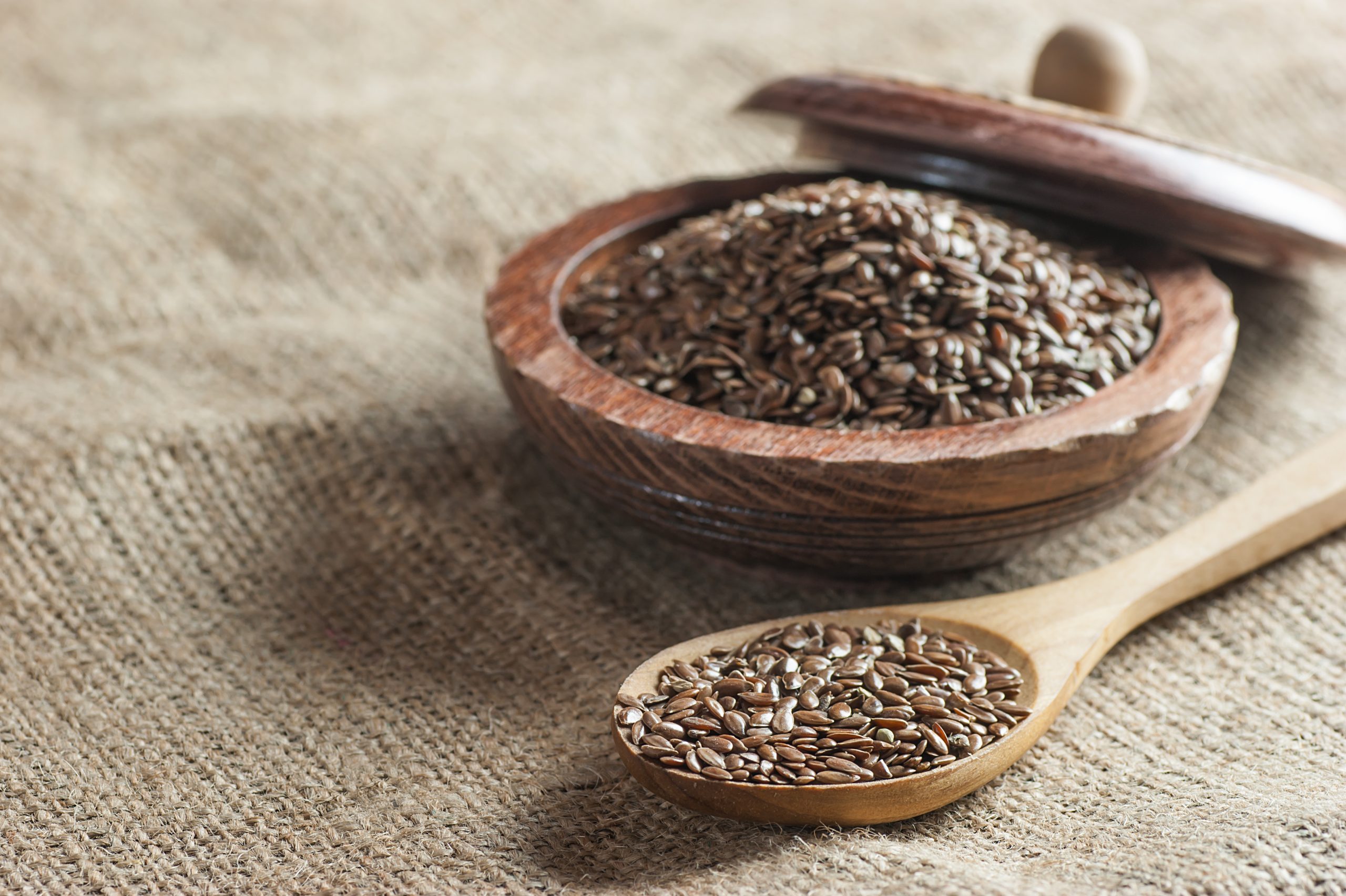
Flax Seeds for Blood Pressure: A Natural Approach to Cardiovascular Health
High blood pressure, or hypertension, is a significant public health concern affecting millions worldwide. While pharmaceutical interventions are often necessary, many individuals are exploring natural ways to manage their blood pressure. Among these natural remedies, flax seeds have emerged as a promising option. This article delves into the science behind using flax seeds for blood pressure management, exploring their benefits, potential risks, and how to incorporate them into your diet effectively.
Understanding Hypertension and Its Risks
Hypertension is defined as a condition in which the force of your blood against your artery walls is consistently too high. Over time, uncontrolled high blood pressure can lead to serious health problems, including:
- Heart disease
- Stroke
- Kidney disease
- Vision loss
- Sexual dysfunction
Several factors contribute to hypertension, including genetics, lifestyle choices (such as diet and exercise), and underlying medical conditions. Managing blood pressure through a combination of lifestyle modifications and, if necessary, medication is crucial for preventing these complications. The benefits of flax seeds for blood pressure are becoming increasingly recognized in this context.
The Nutritional Powerhouse: Flax Seeds
Flax seeds, also known as linseeds, are small but mighty seeds packed with nutrients. They are an excellent source of:
- Omega-3 Fatty Acids: Specifically, alpha-linolenic acid (ALA), an essential fatty acid that the body cannot produce on its own.
- Fiber: Both soluble and insoluble fiber, which contribute to digestive health and can help regulate blood sugar levels.
- Lignans: Plant compounds with antioxidant and estrogen-like properties.
These components work synergistically to provide a range of health benefits, including potential benefits for blood pressure. The role of flax seeds for blood pressure regulation is primarily attributed to their high ALA and fiber content.
How Flax Seeds Help Lower Blood Pressure
Several studies have investigated the effects of flax seeds on blood pressure. The findings suggest that incorporating flax seeds into your diet may lead to a modest but significant reduction in both systolic (the top number) and diastolic (the bottom number) blood pressure readings. Here’s a closer look at the mechanisms involved:
Omega-3 Fatty Acids and Blood Vessel Health
ALA, the omega-3 fatty acid abundant in flax seeds, plays a vital role in cardiovascular health. It helps to:
- Reduce inflammation in the blood vessels
- Improve blood vessel elasticity
- Lower levels of triglycerides, a type of fat in the blood that can contribute to heart disease
By promoting healthy blood vessel function, ALA can contribute to lower blood pressure levels. Studies have shown that individuals consuming diets rich in omega-3 fatty acids tend to have lower blood pressure compared to those with lower intakes. Exploring flax seeds for blood pressure management provides a natural avenue to increase ALA consumption.
Fiber’s Role in Blood Pressure Regulation
The high fiber content of flax seeds also contributes to blood pressure control. Fiber helps to:
- Lower cholesterol levels
- Regulate blood sugar levels
- Promote healthy weight management
All these factors indirectly contribute to maintaining healthy blood pressure. Soluble fiber, in particular, forms a gel-like substance in the digestive tract, which can help bind to cholesterol and prevent its absorption. This, in turn, can lead to lower blood pressure. Incorporating flax seeds for blood pressure benefits is a simple way to boost your fiber intake.
Lignans and Antioxidant Protection
Lignans, the unique plant compounds found in flax seeds, possess antioxidant properties that can protect blood vessels from damage caused by free radicals. Free radicals are unstable molecules that can contribute to inflammation and oxidative stress, both of which are implicated in the development of hypertension. By neutralizing free radicals, lignans can help maintain healthy blood vessel function and support healthy blood pressure levels. The antioxidant properties of flax seeds for blood pressure benefits are an added bonus.
Incorporating Flax Seeds into Your Diet
There are several ways to incorporate flax seeds into your daily diet to reap their potential benefits for blood pressure:
- Ground Flax Seeds: This is the preferred form, as whole flax seeds may pass through the digestive system undigested, preventing the absorption of their nutrients. You can grind flax seeds at home using a coffee grinder or purchase pre-ground flaxseed meal.
- Flaxseed Oil: A concentrated source of ALA, flaxseed oil can be added to salads, smoothies, or used as a finishing oil for cooked dishes. However, it’s important to note that flaxseed oil does not contain fiber or lignans.
- Flaxseed Meal: Can be added to baked goods, smoothies, yogurt, or oatmeal.
A typical serving size is 1-2 tablespoons of ground flax seeds per day. It’s essential to start with a small amount and gradually increase your intake to avoid digestive discomfort. Also, remember to drink plenty of water, as fiber can absorb water and potentially lead to constipation if you’re not adequately hydrated.
Potential Risks and Considerations
While flax seeds are generally considered safe for most people, there are a few potential risks and considerations to keep in mind:
- Digestive Issues: As mentioned earlier, consuming too much flaxseed, especially without adequate water intake, can lead to bloating, gas, and constipation.
- Medication Interactions: Flax seeds may interact with certain medications, such as blood thinners and diabetes medications. If you are taking any medications, it’s essential to consult with your doctor before adding flax seeds to your diet.
- Allergies: Although rare, some individuals may be allergic to flax seeds. If you experience any allergic symptoms, such as hives, itching, or difficulty breathing, discontinue use and seek medical attention.
- Pregnancy and Breastfeeding: While generally considered safe in moderate amounts, it’s always best to consult with your doctor before consuming flax seeds during pregnancy or breastfeeding.
Scientific Evidence and Research
Numerous studies have investigated the effects of flax seeds for blood pressure. A meta-analysis of several randomized controlled trials, published in the journal *Hypertension*, found that consuming flax seeds was associated with a significant reduction in both systolic and diastolic blood pressure. Another study, published in the *Journal of Nutrition*, showed that flaxseed supplementation improved blood vessel function in individuals with high cholesterol. While these studies provide promising evidence, more research is needed to fully understand the long-term effects of flax seeds on blood pressure and cardiovascular health. [See also: The Role of Diet in Managing Hypertension]
Conclusion: Flax Seeds as Part of a Holistic Approach
Flax seeds for blood pressure management show promise as a natural adjunctive therapy. Their rich content of omega-3 fatty acids, fiber, and lignans contributes to improved blood vessel health and overall cardiovascular well-being. However, it’s crucial to remember that flax seeds are not a replacement for conventional medical treatment. If you have high blood pressure, it’s essential to work with your doctor to develop a comprehensive management plan that may include lifestyle modifications, medication, and complementary therapies like incorporating flax seeds into your diet. As a reminder, always consult with a healthcare professional or registered dietitian before making significant changes to your diet, especially if you have any underlying health conditions or are taking medications. The potential of flax seeds for blood pressure control is best realized when integrated into a balanced and healthy lifestyle.

